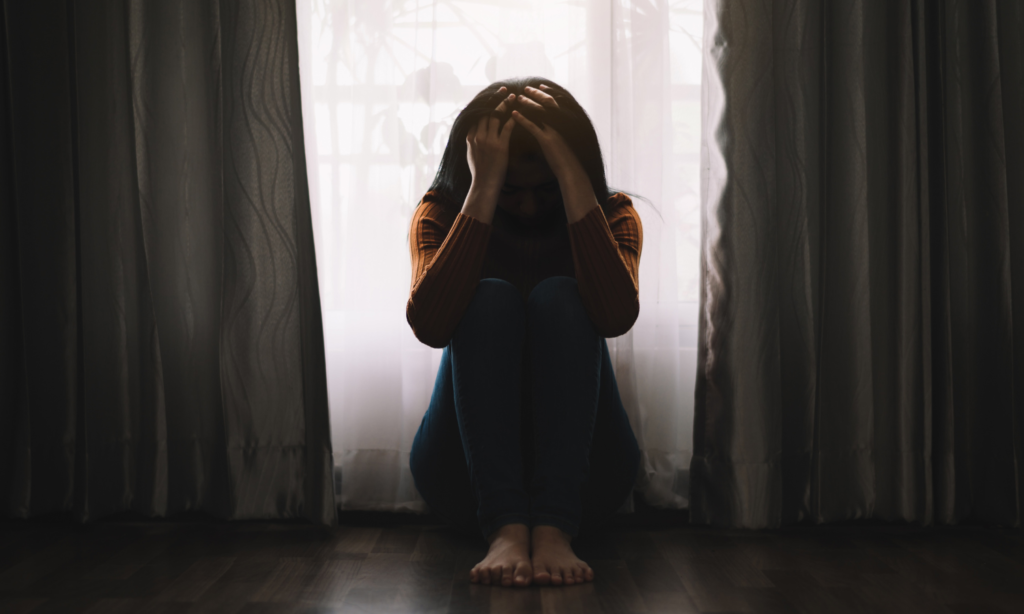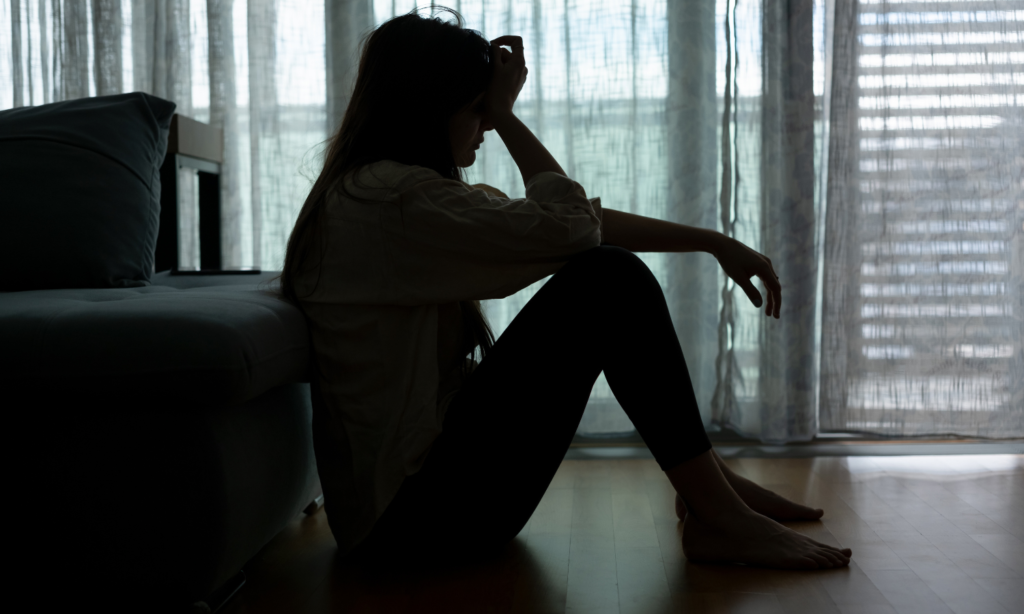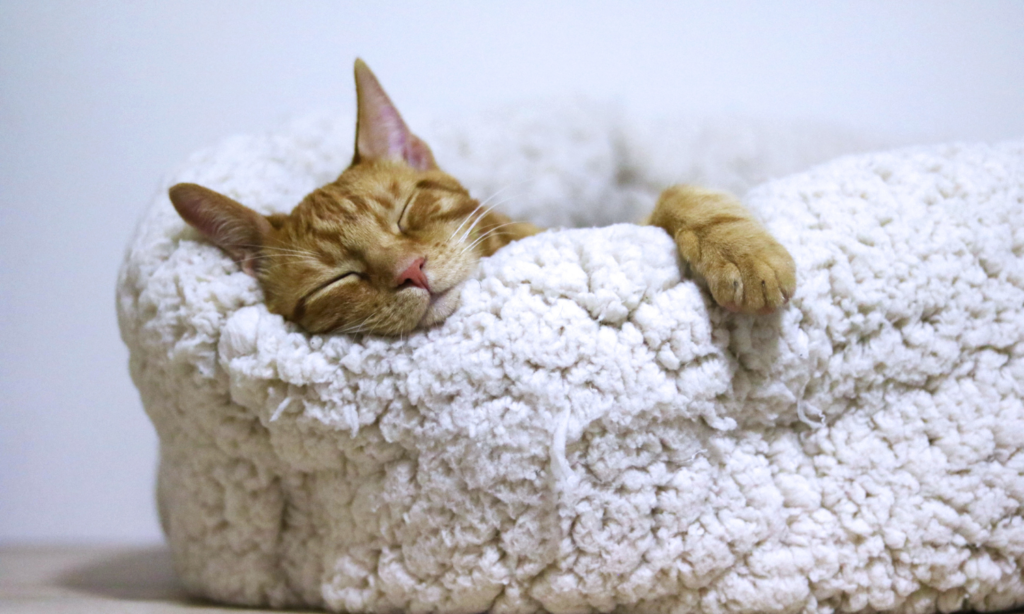Running on 4 Hours? Congrats, You’re Basically a Potato with Wi-Fi

In our fast-paced, 24/7 world, sleep often takes a back seat to work, social obligations, and entertainment. However, the human body has an innate need for restorative slumber and ensuring that you get at least 8 hours of sleep per day

It is crucial for maintaining both physical and mental well-being. In this blog post, we’ll delve into why the human body requires adequate sleep, the dire consequences of sleep deprivation, and how a lack of sleep can contribute to depression and illness.

The Body’s Need for Rest: The human body is an intricate and tirelessly active system, and sleep is when it undergoes critical repairs and maintenance. These processes are disrupted without sufficient rest

During deep sleep stages, the body’s tissues and muscles are rejuvenated, the immune system is fortified, and the brain consolidates memories and processes emotions. leading to a cascade of negative effects.

Consequences of Sleep Deprivation: When you consistently deprive your body of sleep, you’re essentially robbing it of the opportunity to recover and recharge. The consequences of this neglect can be severe. Cognitive function, including memory, attention, and decision-making compromised >>>

>>> making it challenging to perform even basic tasks. Physically, sleep deprivation weakens the immune system, leaving you vulnerable to illnesses. Additionally, chronic sleep deprivation is associated with a higher risk of obesity, diabetes, and cardiovascular diseases.

The Link Between Sleep and Mental Health:
Adequate sleep is not just crucial for physical health; it’s also a cornerstone of mental well-being. A lack of sleep can exacerbate stress, anxiety, and depression. The brain needs sufficient rest to regulate mood and process emotions. Sleep deprivation can lead to an imbalance in neurotransmitters like serotonin and dopamine, which are essential for regulating mood. Over time, this can contribute to the development of mood disorders.

Depression and Sleep:
The connection between insufficient sleep and depression is a two-way street. While depression can lead to sleep problems, it’s equally true that sleep problems can trigger or worsen depression.

The constant fatigue, irritability, and impaired concentration caused by sleep deprivation can mimic the symptoms of depression, making it challenging to distinguish between the two. Furthermore, sleep deprivation can diminish the effectiveness of depression treatments.

Safeguarding Your Health: To safeguard your physical and mental health, prioritize getting at least 8 hours of quality sleep each night. Establish a consistent sleep schedule, create a comfortable sleep environment, and practice relaxation techniques before bedtime.

If you’re experiencing persistent sleep problems or symptoms of depression, seek professional help. Remember, sleep isn’t a luxury; it’s necessary for a healthy, vibrant life.

And This Is The Conclusion: In a world that glorifies busyness and burnout, it’s crucial to remember that sleep is not a luxury but a fundamental human need.

Getting enough sleep, at least 8 hours a day, is essential for physical health, mental well-being, and overall quality of life.

Neglecting this need can lead to dire consequences, from impaired cognitive function to a higher risk of illness and depression.

So, let’s make a pact to prioritize our slumber, recognizing that in doing so, we’re investing in our long-term health and happiness.


